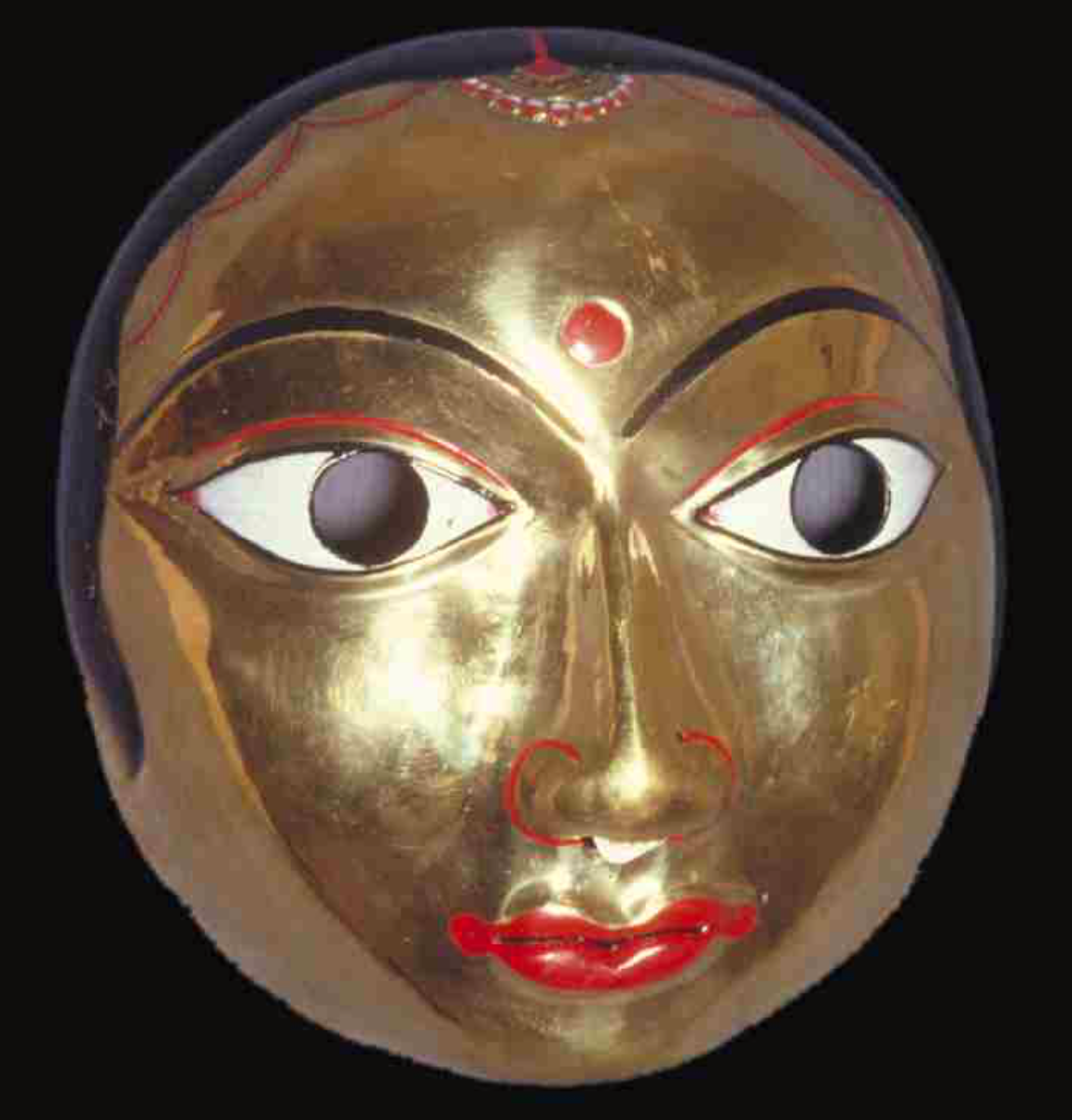Thinking of the now ubiquitous face coverings we habitually call masks, it may be worth drawing attention to the difference between the two. We present a chapter by Frithjof Schuon on the deepest meanings of the mask (the Latin persona), its essential relation to symbolism, and its implications for spiritual life.
Jivatma, the “living soul”, is the mask-individual that is illusorily and innumerably superimposed on Atma, or on the one “Self”… The body and the soul are two masks superimposed on the spirit, which in its substance remains unlimited and immutable.
• We have a new article on the rich tradition of West African Sufism, particularly on the Kashif al-Ilbas (the “Removal of the Covering”), by one of the most influential Tijani Sufi masters, Shaykh Ibrahim Niasse, illustrating the essential paradox of Sufi writing: putting the ineffable experience of God into words.
The perfected one is he who combines
The two states of rapture and seeking, it is he who progresses with speed
May Allah include us among such perfected ones
Who have become truly enraptured, but continued traveling the path.
• We complete our selection with a chapter on the cosmological and psychological symbolism of traditional board games, explaining how they give shape to a ritual or sacred space, and developing the sacred symbol/myth/rite triad that forms the basis of ancient spiritual traditions.
The organic harmony that a finished board game represents, connects with the idea of the end of struggle and conflict. As explained at the beginning, board games need to have a degree of uncertainty. At the end of the game, this uncertainty is resolved and the microcosm that the game represents achieves a final position.




